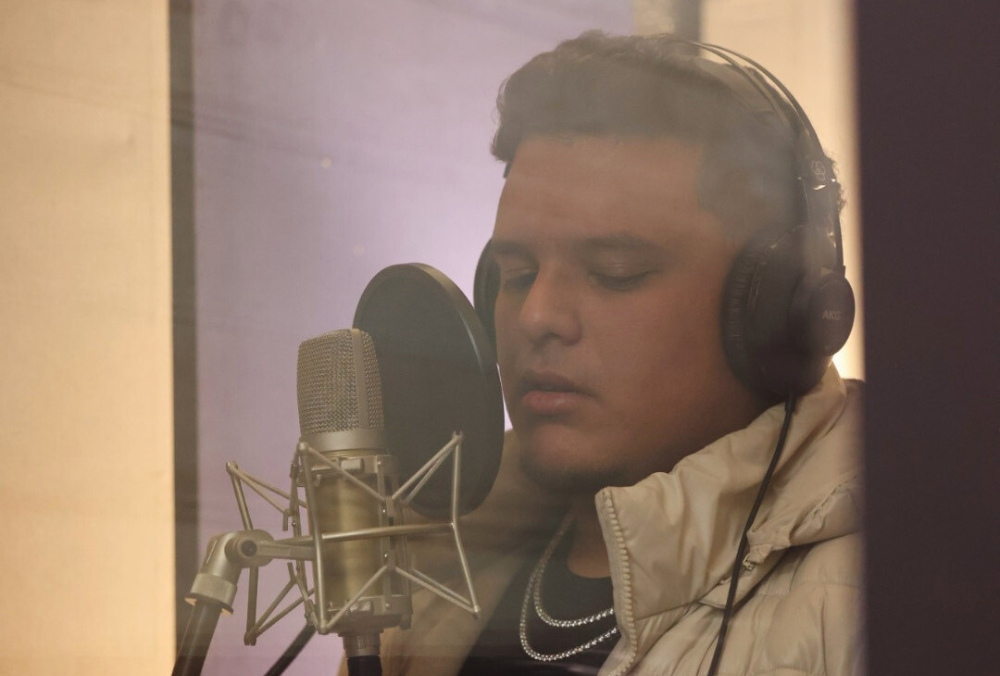Coming out of Grand Junction, Colorado—a city rarely mentioned in hip-hop conversations— Donn Perignon steps into the arena with a sound that’s emotionally vulnerable but unapologetically grounded. His latest track, “You and I,” isn’t trying to reinvent the wheel, but it does roll confidently in its own lane, balancing melodic vocal runs with honest, unfiltered storytelling.
The song opens with a candid line: “If it’s you and I, I’ma start with your eyes.” It’s a soft entry, not in intensity but in intimacy—something more rappers have been leaning into, but few execute with as much raw sincerity. Perignon’s delivery, somewhere between a sing-song confession and a late-night phone call, invites the listener to eavesdrop on something personal, if not confessional. His cadence doesn’t demand attention—it earns it through patience, repetition, and a melody that lingers without overstaying its welcome.
Where “You and I” holds its weight is in the way Perignon constructs vulnerability. The lyrics trade in emotional specificity—”I ain’t doin’ you like the mother bitches / I ain’t doin’ you wrong, my soul itches”—over the more common posturing found in similar genre entries. He’s not posturing; he’s processing. This approach links Perignon more closely to artists like Rod Wave or even early Bryson Tiller, artists who carved out success by speaking directly to emotional tension without diluting it for mass appeal.
Raised in a city with no clear hip-hop infrastructure, Donn Perignon’s journey isn’t framed by major-label co-signs or radio hits. He’s been recording since childhood, using music as both armor and release. The ambition is audible—not just in his lyrics, but in how he approaches his craft. “I try and speak of things I did… or what I want to be,” he said in a personal note. That’s the type of clarity that doesn’t rely on clout; it leans on consistency.
What sets him apart—at least for now—is the effort to stay rooted in the things that made him pick up the mic to begin with. His reference to artists like The Notorious B.I.G. is telling. Like Biggie, Donn leans into the emotional gravity of storytelling. But unlike Biggie, Donn isn’t weaving intricate street narratives just yet; instead, he’s focused on inner battles, relationship dynamics, and self-worth. These are the threads tying “You and I” together, even when the mix feels loose or the hooks repeat just a beat too long.

